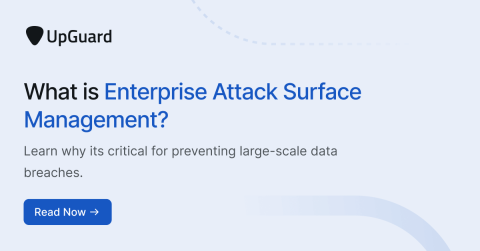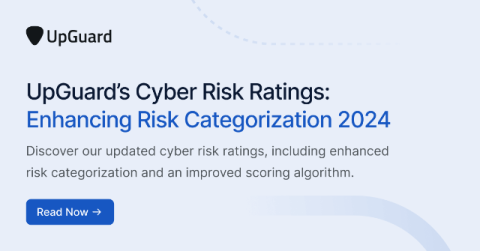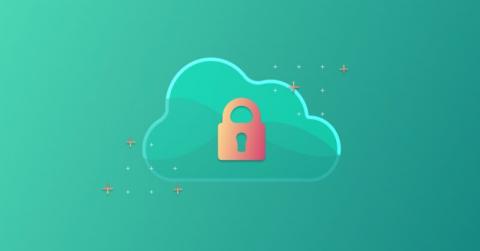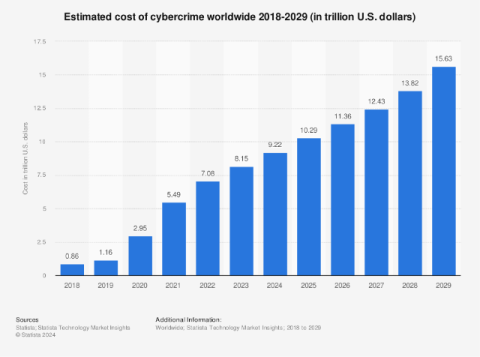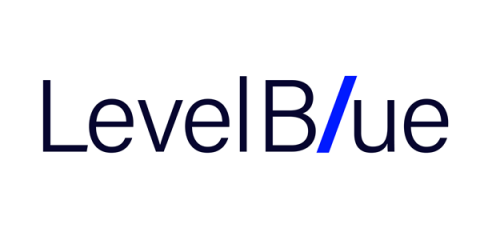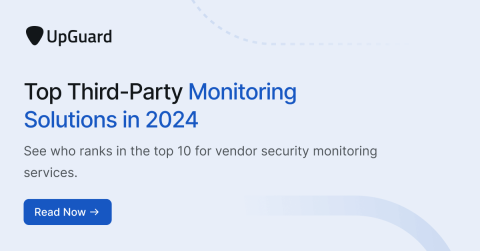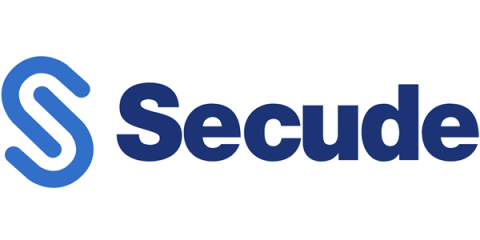Top open-source CSPM projects to secure your cloud infrastructure
As more organizations move their critical infrastructure to the cloud, ensuring security has become a top priority. This is where Cloud Security Posture Management (CSPM) comes in. CSPM solutions validate the configuration of cloud services from a security perspective, ensuring alignment with best practices and compliance frameworks such as CIS Benchmarks, PCI-DSS, NIST, and others.




